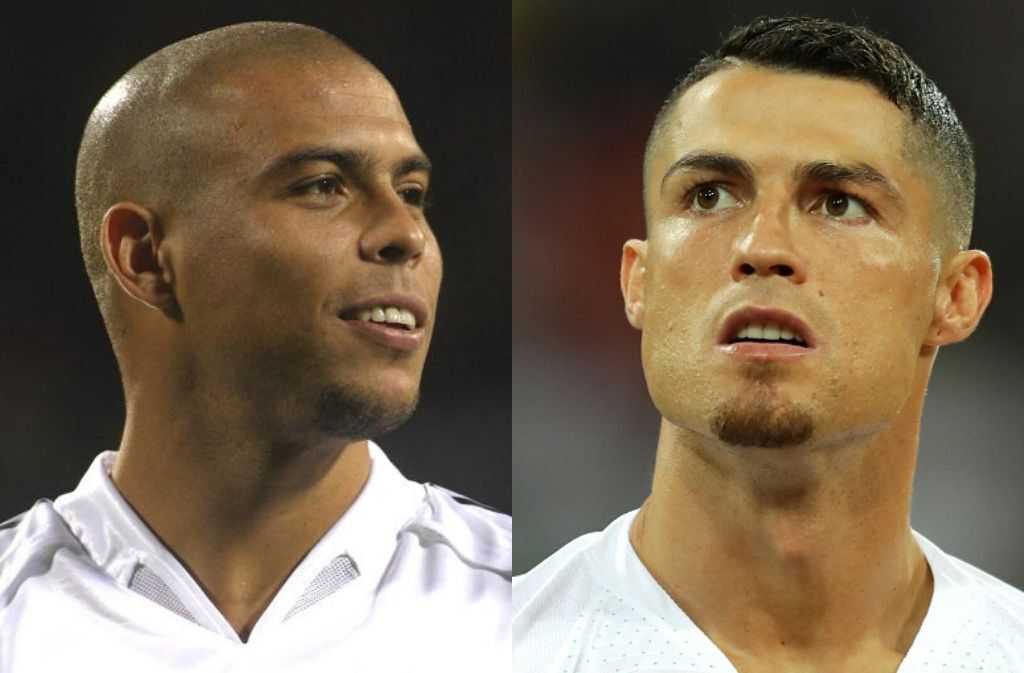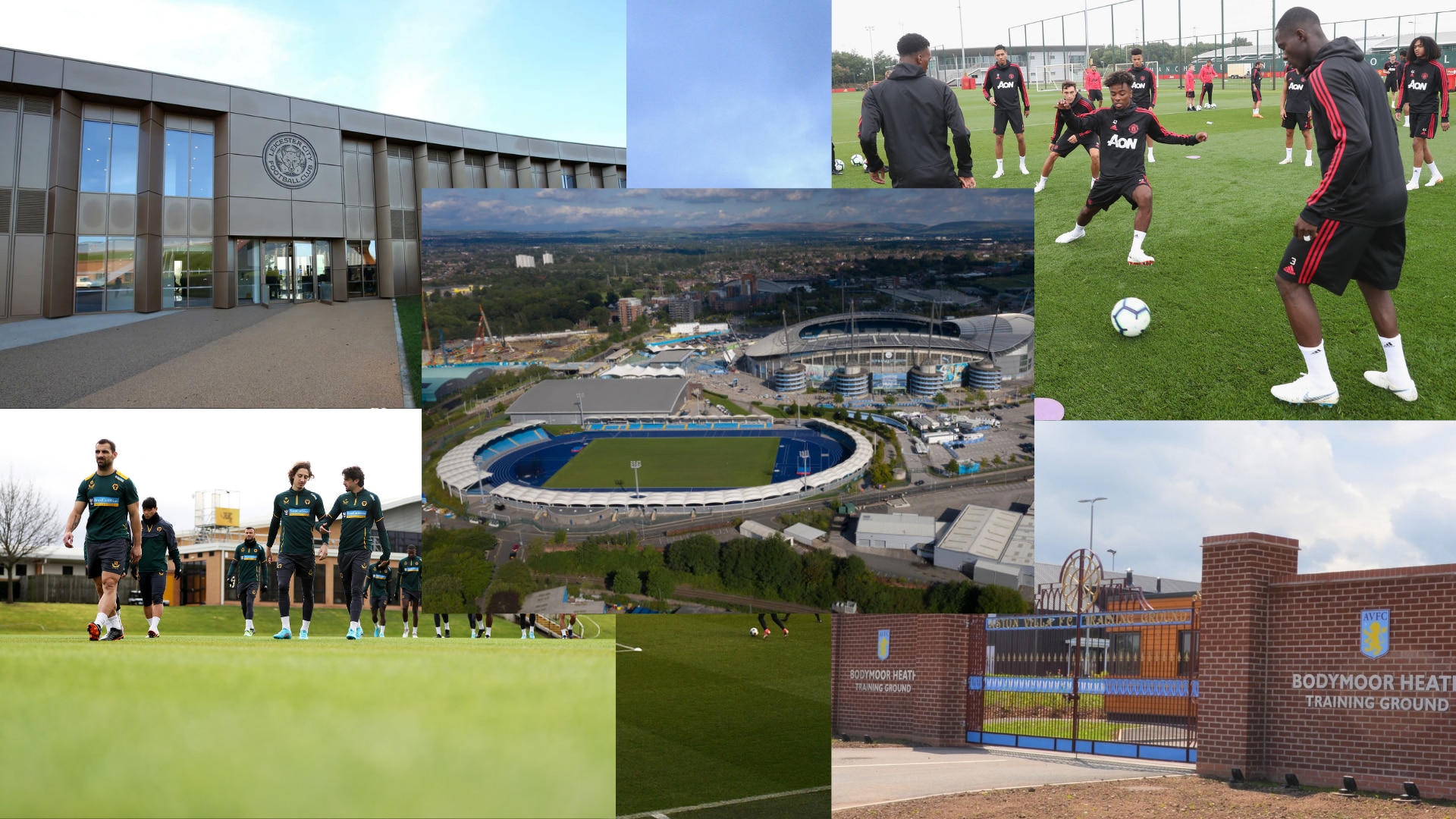
To become a winger in soccer you must first decide which wing to play on. Pick the wing you feel most comfortable with. If you're right-footed, choose the left wing to cut in on the play and score goals for yourself. Left-footed, wingers with left feet can move the ball and make a pass for their teammates. The winger with the stronger foot is often the most valuable to a team.
You are ready for winger soccer?
Warming up before the game is the first step in preparing for winger-soccer. Being a good winger means that you can practice shooting from different positions. To improve your scoring record, you should also work on improving your eye for goals. You must remember that you are part and parcel of a team.

It is important to remember to use your body to receive the ball. The winger must take the ball from their back foot and place it where they are closest to the ball. This position allows the winger to have more options. To improve your passing and crossing skills, you should check your shoulder before receiving the ball. Doing so will give you an idea of how much space you need to turn, and allow you to move closer to the defender.
Preparation for winger soccer
Preparing for winger football starts with understanding the specific position. A winger will take up positions where they are often marked and placed under pressure. These situations can be exploited by the winger, and they should position themselves accordingly. A skilled winger might prefer to be wide, while a winger who is agile may prefer to drop in the attacking third.
A good winger must have the ability to dribble well and score goals when approaching the goal. They must also be capable of running for at least 10 minutes without being passed. In addition to their attacking role, a winger must also play well on defense. They must provide quality crosses to the forwards and be able to defend when their opponents have the ball. It is therefore essential to prepare the body for the role.
How to avoid making a mistake as a Winger
Being a winger in soccer requires you to be able to finish effectively from various positions on the field. You will become more familiar with your teammates the more you spend time with them. Crossing is an important skill that requires a solid understanding of the game. To finish well from close range, you must feel confident with the ball. Here are some mistakes that wingers should avoid:

Keeping your head up when playing is an important skill. Many young players don't set up properly when taking shots. Set up properly and the ball will be about three to four feet from you. Don't let the ball get too close to your feet or it could become stuck under your feet. Poorly set up touches can lead to poor strike. Also, your feet should be able the ball to you.
FAQ
What is a soccer midfielder?
The midfielder controls the play flow by moving the ball side-to-side across the field. He may also pass it forward or backwards across the pitch. The best midfielder should anticipate the location of his teammates so he can get to them and pass the ball.
What does a football attacker do?
They are often the most skilled passers on the pitch. They distribute the ball to forwards and midfielders who pass it on to attackers. Attackers are often agile and quick and they are expected to score many goals during matches.
Which size soccer ball should you buy?
Measure yourself to find the right size soccer ball for you. To do this, stand straight with your arms relaxed at your sides. With a tape measure, measure your chest from the bottom of your arms to the top. This measurement is the circumference your torso. Divide this number by 2 and multiply by 5. Take 40 inches as an example. Divide 40 by 2 then multiply by 5, which will give you 20. This is the circumference a sphere that has a diameter 20 inches. Using this formula, you can find the approximate size of the soccer ball you need.
What is the difference in football and soccer?
Both soccer and football are similar sports. Both require the kick of a ball through small spaces called a "goal". Soccer requires that players pass the ball by running, rather than just kick it. Also, soccer uses smaller balls than football.
Which position should I take on a soccer team's soccer team?
You must be selected by your coach to play on a soccer club team. There are several positions that can be filled on a soccer squad. These include goalkeeper, defender, midfielder, forward, and goalie. Each player has specific responsibilities.
Statistics
- They are not just good at dribbling because they are talented alone, but because they put in 100% effort during every practice. (coachtube.com)
- From the 1850s onward, industrial workers were increasingly likely to have Saturday afternoons off work, and so many turned to the new game of football to watch or to play. (britannica.com)
- Even with the new issuance, control of the club will be retained by the Glazer family as they will retain 67% of B shares which have voting power, so little will likely change in the general approach taken to the finances of the club. (sites.duke.edu)
- the estimated cumulative television audience for the 2006 World Cup in Germany was 26.2 billion, an average of 409 million viewers per match. (en.wikipedia.org)
- the estimated cumulative television audience for the 2006 World Cup in Germany was 26.2 billion, an average of 409 million viewers per match." (en.wikipedia.org)
External Links
How To
How to play soccer
Playing Soccer requires you to have good skills such as dribbling, passing, shooting, heading, tackling, etc. You should always try to improve these skills. The most important thing to do is practice them everyday. These steps will help you learn how to play soccer correctly.
-
Practice dribbling. Do some practice on the field. Begin practicing dribbling quickly, only doing it for five minutes at a stretch. After you feel comfortable dribbling, increase your time for 10 minutes. This technique should be practiced daily.
-
Practice passing. Practice passing the ball to both sides. Be sure to pass the ball correctly and only to the person who has space. Keep your passes short. It is better to throw the ball directly at the player who needs it. This way you can save energy and keep your body warm.
-
Practice heading. You need to be able place the ball in the net perfectly when you are heading. Before you can achieve this goal, it is important to practice getting in the right position. Place your face in front of the goal line. Then, bend forward slightly so that the ball is under your chin. Next, lift your head and gaze towards the top left corner. Look straight ahead with your eyes. Stand up straight and let the ball go.
-
Practice tackling. Tackling is a difficult skill to master. However, when mastered, it makes football much more fun. For starters, tackle with your chest and shoulders, and don't go low. Keep your arms and legs close to your body. Two players are better at tackling each other. One player acts as a defender and the second is an attacker. They must immediately attack the attacker as soon as he passes the defender.
-
Shooting is a skill that can be learned. Shooting is an advanced skill that requires lots of practice. You will need to find a spot that you can shoot comfortably from. You should be near the goal. Focus on your form. The ball should be held between your hands. Point your toes towards the sky by bending your knees. You can shoot the ball by moving your wrist in a circular motion. The goal should be in the lower right corner.
-
Practice running. Running takes time to master. Slowly build speed and start slow. Running should not be used to attack as it will cause muscle fatigue. Instead, move towards the goal with your team to assist them.
-
Practice kicking. Kicking is a skill that can be learned quickly, but can also be difficult. To kick accurately, you must strengthen your core and legs. Stand with your feet together, and lift one leg at time. Slowly kick the ball towards the net using only your heels.
-
Keep practicing dribbling. This skill is essential to becoming a great player. Dribbling allows you to control the pace of the game. It is essential to control the pace of the game. Without it, your opponent would be able to catch up with you and even surpass you. You must be consistent in your dribbling. It is important to not change the way you dribble each day. Keep it simple.
-
Practice kicks without any restrictions. Free kicks will be awarded after a foul, or when the goalkeeper is making a mistake. Free kicks allow you to score goals without having to play the entire match. It is a good idea to aim for the corner of the goal. Always use your instep, not your heel.
-
Practice defending. It all comes down to positioning. You must stay close to your opponent when you play defense. If the ball is handed to you, stop him from scoring. Always be attentive to your teammates' safety.